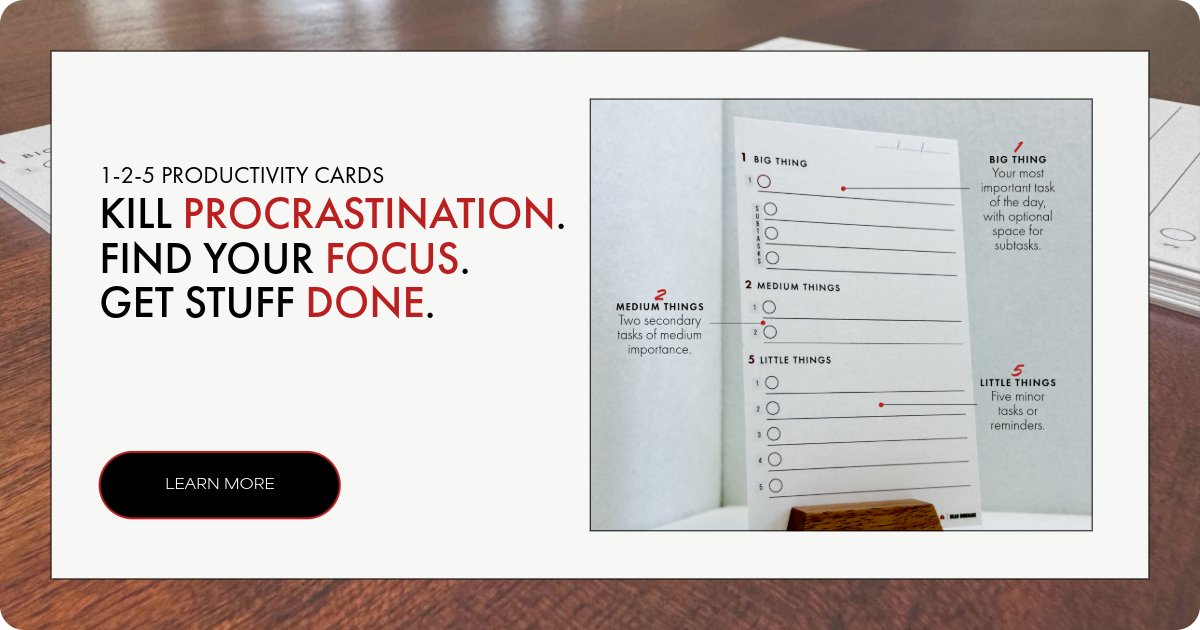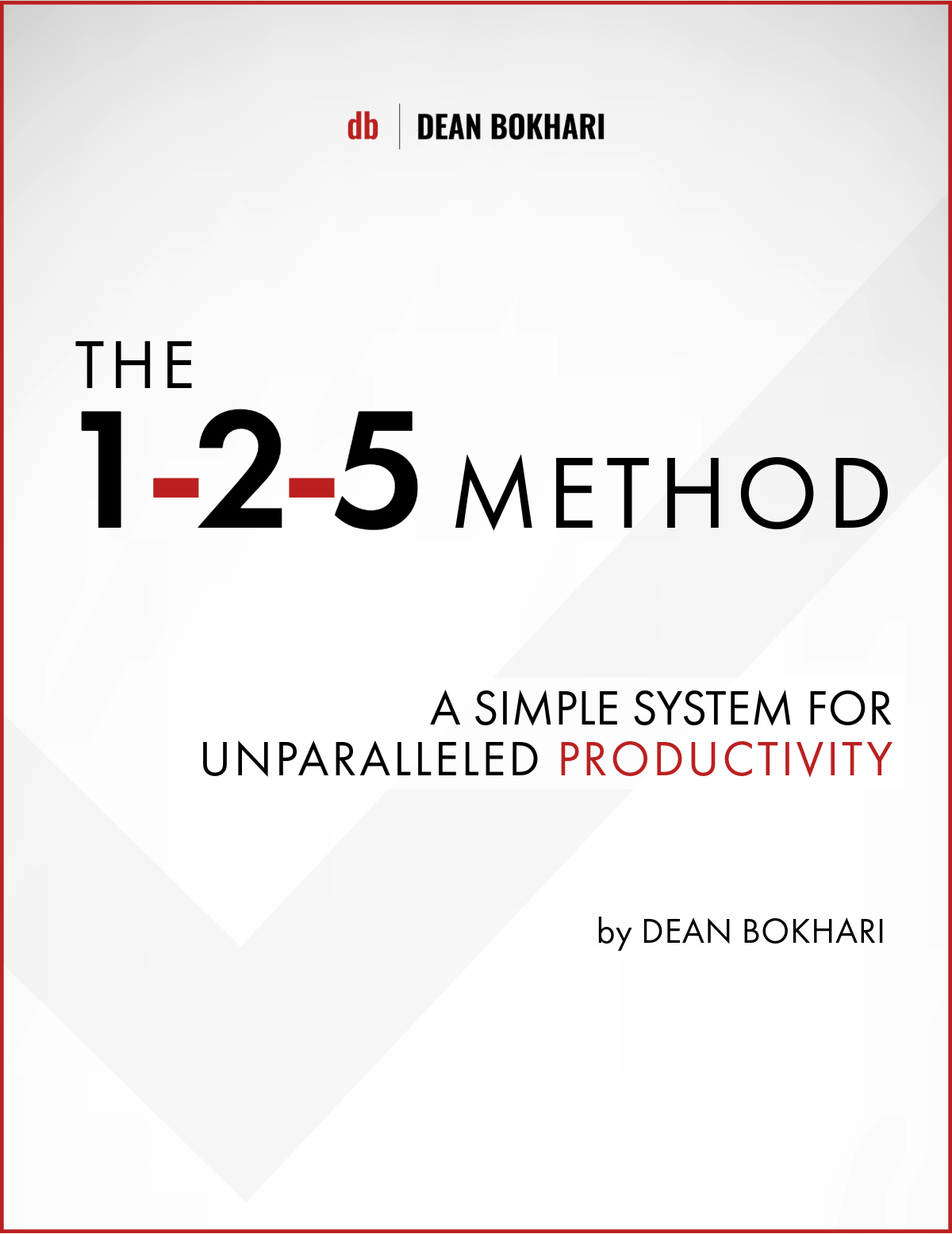The Ultimate Guide to
Building a High-Performing Team That is Motivated
Collaborative Post
Great teams don't happen by accident; they are shaped over time.
A high-performing team combines strong skills, clear roles, shared goals, and a commitment to continuous improvement. Motivation is the thread that ties it all together.

Here's how to create a team that performs at its best and stays motivated every step of the way.
Start With Clarity
Before performance or motivation, your team needs direction.
Do team members understand their roles? Do they know how their work connects to wider goals?
People work better when they know what's expected; they take ownership when they see how their efforts matter.
Use clear job descriptions, define responsibilities, and share how success is measured. Then revisit these regularly as projects and priorities shift.
Clarity creates confidence, and confidence builds momentum.
Hire With Intent
Skills matter, but so does mindset.
Hiring for culture fit and learning potential matters just as much as hiring for capability.
Look for people who:
- Ask questions
- Show curiosity
- Handle feedback well
- Work well with others
These traits help teams grow together, but emotional intelligence will outperform one that's purely skilled but disconnected.
Don't rush the hiring process; invest the time up front; it saves problems later.
Set Goals That Matter
People want to do work that feels meaningful.
Set team goals that are specific, achievable, and aligned with bigger outcomes, but make space for input. Let the team shape how they meet these goals.
Ownership builds motivation; when people feel part of the plan, they'll push to make it work.
Celebrate progress; even small wins build momentum and create a safe environment.
Create a Safe Environment
Psychological safety is the foundation of high-performing teams.
When people feel safe to speak up, make mistakes, and challenge ideas, they perform better.
Leaders set the tone; therefore, you need to model openness, ask for input, and respond without placing any blame. Show that you are fully trusting of your team.
Mistakes are part of learning; the goal isn't for them to be perfect; it's about making progress.
Encourage Ownership
Micromanagement can't be a huge killer for motivation; we should trust our team to do the job that we have assigned and give them the freedom to solve problems their own way.
Instead, ask questions like: what do you need from me, how can I support you, and who or what is getting in the way?
When you empower your teams, they think for themselves and they take pride in the results that they deliver.
Focus on Strengths
People do their best when they use their strengths; therefore, you need to make sure that you are fully aware of what each team member does well. You should then design roles and tasks that leverage strengths and also support each other.
Use tools like Gallup StrengthsFinder or simple team mapping exercises to find those skills. When work feels more natural for people, energy flows, and their performance is productive.
Give Regular Feedback
Feedback isn't something that is just an annual event. High-performing teams will use feedback as a regular part of their growth and achieve more because of it.
Keep it timely, specific, and focus on actions rather than personal traits. Feedback should go both ways, so you need to make sure you have regular check-ins in place for team members to be able to speak openly and freely without there being any judgment.
The more normal feedback becomes for teams, the less threatening it feels, and the more productive it becomes.
Recognise and Reward
Motivation grows when people feel that they are valued. A simple thank you can go a huge way; so does recognition in team meetings or sharing successes with senior leaders.
Make it something that is timely and genuine, and don't wait for big milestones. Small recognitions and rewards to yourself are important.
You should also ask how people want to be recognised. Some people prefer to have a public appraisal; others prefer a quiet, thoughtful email.
Sure, you get it right, as this helps to build loyalty.
Invest in Learning and Development
If you want to have a hyperbolic team, you need to make sure that you are a learning culture. Skills change, challenges evolve, and teams need to keep growing.
Support ongoing training, allocate time and budget for professional development within your teams, and make learning a shared experience by running mentorship programs, starting book clubs, sharing podcasts, or bringing in guest speakers.
Upskilling doesn't just improve performance; it also shows your team that you are invested in them and their future.
For education or structured resources, visit professional learning in Education for support, training modules, and guidance.
Build Connection
People perform better when they feel connected; therefore, having strong relationships in place can help to build trust, collaboration, and also give your team a shared purpose.
You should encourage formal catch-ups and create a space where teams are able to bond both in-person as well as online.
Simple things like coffee chats, team lunches, or shout-out boards can help to build goodwill, and goodwill can help to carry teams forward during any patches.
Encourage Autonomy and Creativity
High performing teams don't just follow instruction as they also stink, adapt, and innovate. Give your teams the room that they need to experiment, let them test out ideas, and celebrate learning, not just results.
This isn't about risk for risk's sake; it is about making space for improvements and encouraging your team to think for themselves and stay sharp.
Model the Behaviours You Want
Leaders shape team culture. If you want accountability, you need to be accountable yourself. If you want your team to be honest, then you need to be completely honest with them. If you want motivation, then you need to show up with the right energy. Your actions speak much louder than words. The best leaders work alongside their teams rather than above them. Respect is earned, not a science.
Handle Conflict Early
Even stronger teams can hit bumps. Don't ignore any tension and deal with it directly and early. Create space for honest conversations and keep the focus on solving the problem rather than blaming people. When it's handled well, conflict can strengthen a team; it shows that people care enough to speak up.
Balance Challenge With Support
High performance comes from high expectations and strong support. You should push your team to aim higher, but also make sure that they have the right tools, equipment, time, and trust in order to get them where they need to be. It's not about being pressured; it's about having the belief that they can achieve the goals they are aiming for.
You need to let your team know that you believe in their potential and back it up when it comes to it. This means that you need to take action to support them in their goals in the workplace and their careers.
Review, Reflect, and Reset
Performance isn't static; it changes as people grow, their goals change, and teams evolve. However, you need to make sure that you are building regular reflection into your routine. You need to have a look at what’s working right now, what might need to change, and what you are going to do in the future.
Use retrospectives, surveys, or simple team check-ins to get the information that you need. All the conversations should be open and honest, and you should be supported. High-performing teams aren't perfect; some people believe they are. But this isn't the case; they are willing to put in the effort to get better.
Support Wellbeing
Motivation drops when people feel burnt out or overwhelmed. Check in on workloads, stress levels, and energy levels; offer flexibility where you can and encourage breaks as well as regular time off.
Normalise talking about mental health. Create space for honest conversations. When people feel cared for, they give more. A healthy team is a team that is stronger.
Celebrate Team Wins
Individual praise is important; however, so is team recognition.
Mark milestones, share outcomes, and reflect on what went well and why it did. This helps to build a shared pride and a sense of progress within the team.
A quick email, a small celebration, or a shared post can go a long way to making the teams realise that they are recognised and important. When the team wins together, they are more likely to stay motivated. You could introduce a celebratory event at the end of the month.
Final Thoughts
High-performing teams take a lot of hard work, but it pays off in better results, stronger engagement, and a team that grows together.
Start with clarity, hire thoughtful leaders, and set meaningful goals. You also need to ensure that you are investing in learning, and you should never have a closed door. If you want your team to go the distance, you need to show them that growth is an important part of their job. Great teams don't stand still; they build and lead together.
—End of collaborative post—
✨ New Series: How to Become an Early Riser
- Discover key methods to make early rising a habit
- How to wake up early + energized every morning
- Morning routines for health + success
Free self-development courses
👇
Tap on any of the courses below to start learning how to:
- boost your productivity (with GTD),
- get focused (with Deep Work),
- or learn the art of influencing others (with the How to Win Friends & Influence People course.)
All for free.
👇
Free life guides
👇
Best-selling Self-development courses by Dean Bokhari
Kill procrastination.
|
Get stuff done.
|
Get motivated.
|
Connect with anyone.
|
freshly pressed:
Top Audiobooks narrated by Dean Bokhari on audible | |
Book summaries
- The Power of Habit by Charles Duhigg
- 12 Rules for Life by Jordan B. Peterson
- Presence by Amy Cuddy
- Leaders Eat Last by Simon Sinek
- The ONE Thing by Gary Keller, Jay Pasan
- Deep Work by Cal Newport





































